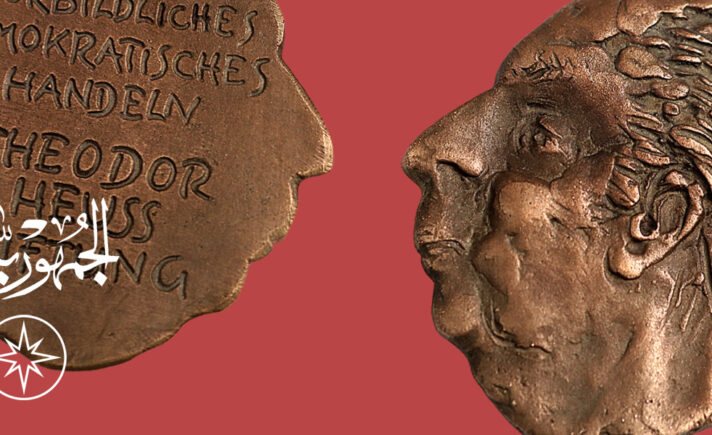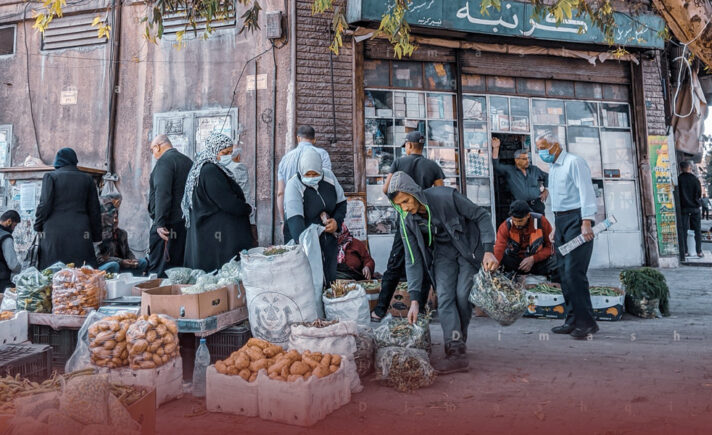“War over loaves of bread in Idlib” (22 July, 2019). Over a dozen bakeries in northern Syria have been bombed out of service since the Assad regime and its Russian ally began a fierce military campaign in the region in April. Other bakeries have closed down for reasons including fear of bombardment; the displacement of local residents; and the danger and difficulty involved in getting flour and fuel to their premises. The resulting decrease in the supply of bread—perhaps the single most important component of most Syrians’ diet—has put residents’ food security in jeopardy, and raised prices by 60% in the areas where bread is available at all. The bombing is consistent with a strategy pursued by the regime and its allies for many years now; there are over fifty documented cases of bakeries being targeted since 2011 (with 350 civilians killed in the process, 65 of them children). For more, see our full report (Arabic).
“Seeking refuge from slaughter” (23 July, 2019). In response to the recent intensifications of the crackdown on Syrian refugees in neighboring countries Turkey and Lebanon, Al-Jumhuriya’s managing editor Sadik Abdul Rahman argues the majority of Syrians choose to remain outside their homeland not for economic reasons but simply because returning to Syria would carry the real risk of death. For the full article, see here (Arabic).
“Like Oslo once again” (23 July, 2019). The award-winning satirical film Tel Aviv on Fire from the Palestinian director Sameh Zoabi succeeds in presenting the Palestinian cause in an innovative new way, and in posing important questions about how Palestinian filmmakers can move beyond tired stereotypes while nonetheless not relinquishing the struggle for their human and political rights, writes our reviewer, Wadiaa Ferzly. For the full review, see here (Arabic).
“Malice as government policy in Lebanon” (24 July, 2019). Earlier this month, strict new measures announced by Lebanon’s labor ministry to “combat illegitimate foreign labor” came into effect. Though technically applicable to all non-Lebanese workers, the measures will mostly affect Syrian and Palestinian refugees in practice. The end result will be to make it near-impossible for Syrians and Palestinians to work legally in Lebanon, leaving unanswered the question of how they are expected to earn a living otherwise. For more details, see our full report (Arabic).
“Medical expenses beleaguer Syrians in Jordan” (25 July, 2019). For the more than 660,000 Syrian refugees in Jordan, medical expenses often make up the most burdensome portion of their cost of living, there being no insurance or medical provisions made for them by any entity, governmental or otherwise. Al-Jumhuriya speaks to several Syrians suffering from serious illnesses, who cannot afford their expenses, and are left, in the words of one man, “with no one but God” to turn to. For the full report, see here (Arabic).
“In Istanbul, Syrians’ fear is continuous” (26 July, 2019). Fears of harassment, violence, and even deportation are at an all-time high for Syrians in Turkey at present, following the news that a number of refugees have been forcibly returned to Syria, in violation of international law. Syrian residents of Istanbul speak of an increased police presence on the city’s streets, and fears of so much as leaving their houses to go to work. A number of Turkish activists and organizations have mobilized to assist Syrians and try to push back against their government’s policy shift—but whether they will succeed or not remains to be seen. For more, see our full report (Arabic).





